Introduction to Programmable Cash Registers
The evolution of financial transactions in the commercial landscape has ushered in the era of programmable cash registers. These advanced systems are pivotal in streamlining sales operations, offering a blend of efficiency and functionality. Programmable cash registers are not just a replacement for traditional tills but a comprehensive solution for managing sales.
Types and Applications
Diverse in form and function, programmable cash registers cater to various business needs. From compact models ideal for small retail spaces to robust units designed for bustling restaurants, each register is tailored to its environment. Common applications include retail outlets, hospitality venues, and service-oriented businesses, where transaction speed and accuracy are paramount.
Features of Modern POS Systems
Modern POS systems are equipped with features that enhance transactional efficiency. These include intuitive touchscreens, advanced bar code scanners, and thermal receipt printers. The integration of customer-facing displays ensures transparency in transactions, fostering trust and improving the customer experience.
Materials and Durability
The construction of these cash registers involves durable materials capable of withstanding the rigors of daily use. The design considerations ensure longevity and reliability, which are crucial for continuous business operations.
Advantages of Upgrading to a Programmable System
Upgrading to a programmable POS system offers numerous advantages. Enhanced transaction speed, improved accuracy, and the ability to accept various payment methods are among the key benefits. Additionally, the programmability allows for customized functions tailored to specific business needs, from inventory management to sales reporting.
Connectivity and Compatibility
The latest POS cash registers boast connectivity features such as Wi-Fi and Bluetooth, enabling seamless integration with various payment platforms and business software. Compatibility with different payment methods, including traditional and digital, ensures that businesses remain adaptable to consumer preferences.


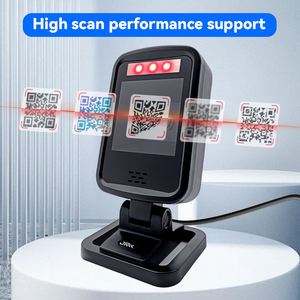





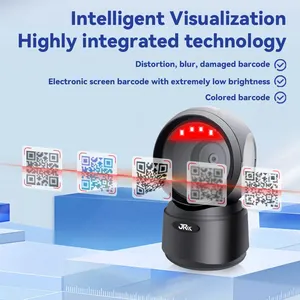









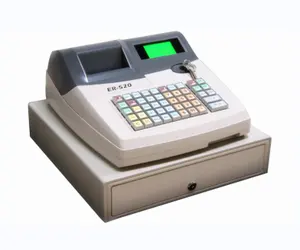
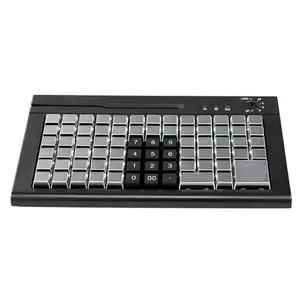







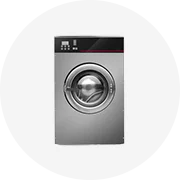












 浙公网安备 33010002000092号
浙公网安备 33010002000092号 浙B2-20120091-4
浙B2-20120091-4